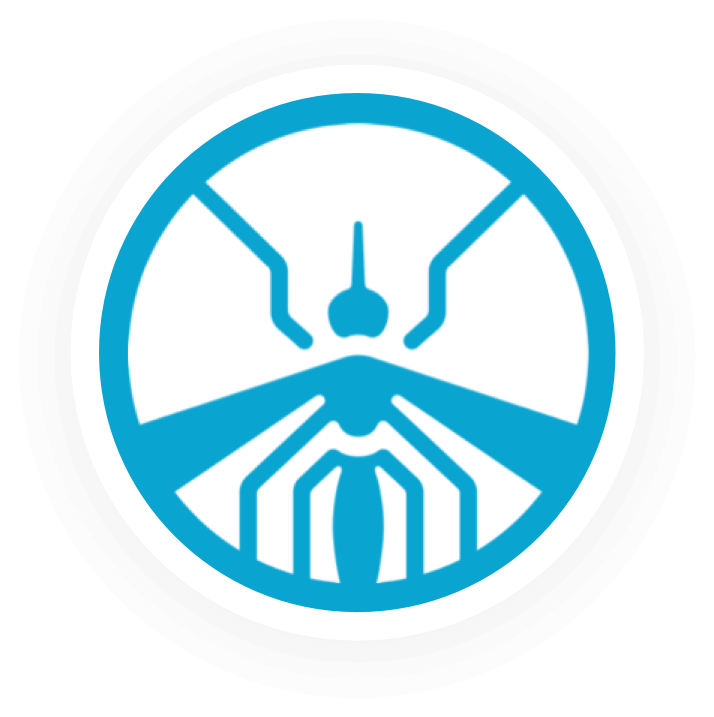The World Mosquito Program is working in and around Niterói to protect communities from mosquito-borne diseases like dengue, Zika, chikungunya and yellow fever.
The World Mosquito Program has been active in Brazil since 2012 when it was called Eliminate Dengue: Brazil Challenge. Between August 2015 and January 2016, the project released Wolbachia Aedes aegypti in two areas: Tubiacanga on Governador Island, in the city of Rio de Janeiro, and Jurujuba, a neighborhood of Niterói. These pilot projects have been monitored since early 2016 and have proven to be successful in establishing the Wolbachia mosquito population.


The mosquitoes were released by Fiocruz technicians from a World Mosquito Program car and by Niterói Prefecture Health Agents at mapped and predetermined points. After a few weeks of releases, traps used to catch mosquitoes were set up in the homes and workplaces of volunteers. These traps were used to monitor the establishment of the population of Wolbachia Aedes aegypti
Since the end of 2016, the World Mosquito Program expanded its activities in an area of around 40 km2, including all 33 neighborhoods of Niterói: Boa Viagem, Cafubá, Camboinhas, Centro, Charitas, Cubango, Engenho do Mato, Engenhoca, Fátima, Fonseca, Gragoatá, Grota, Icaraí, Ingá, Itacoatiara, Itaipu, Jacaré, Jardim Imbuí, Maravista, Morro de Estado, Pé Pequeno, Piratininga, Ponta D'Areia, Preventório, Santa Rosa, Santana, Santo Antônio, São Domingos, São Francisco, São Lourenço, Serra Grande, Viradouro and Vital Brasil
Between April 2016 and May 2017, approximately 20,000 people participated in World Mosquito Program community engagement activities including visits to schools, cultural events, and activities with social leaders and local supporters. Community health workers and zoonotic agents from 18 health facilities received training from the team






